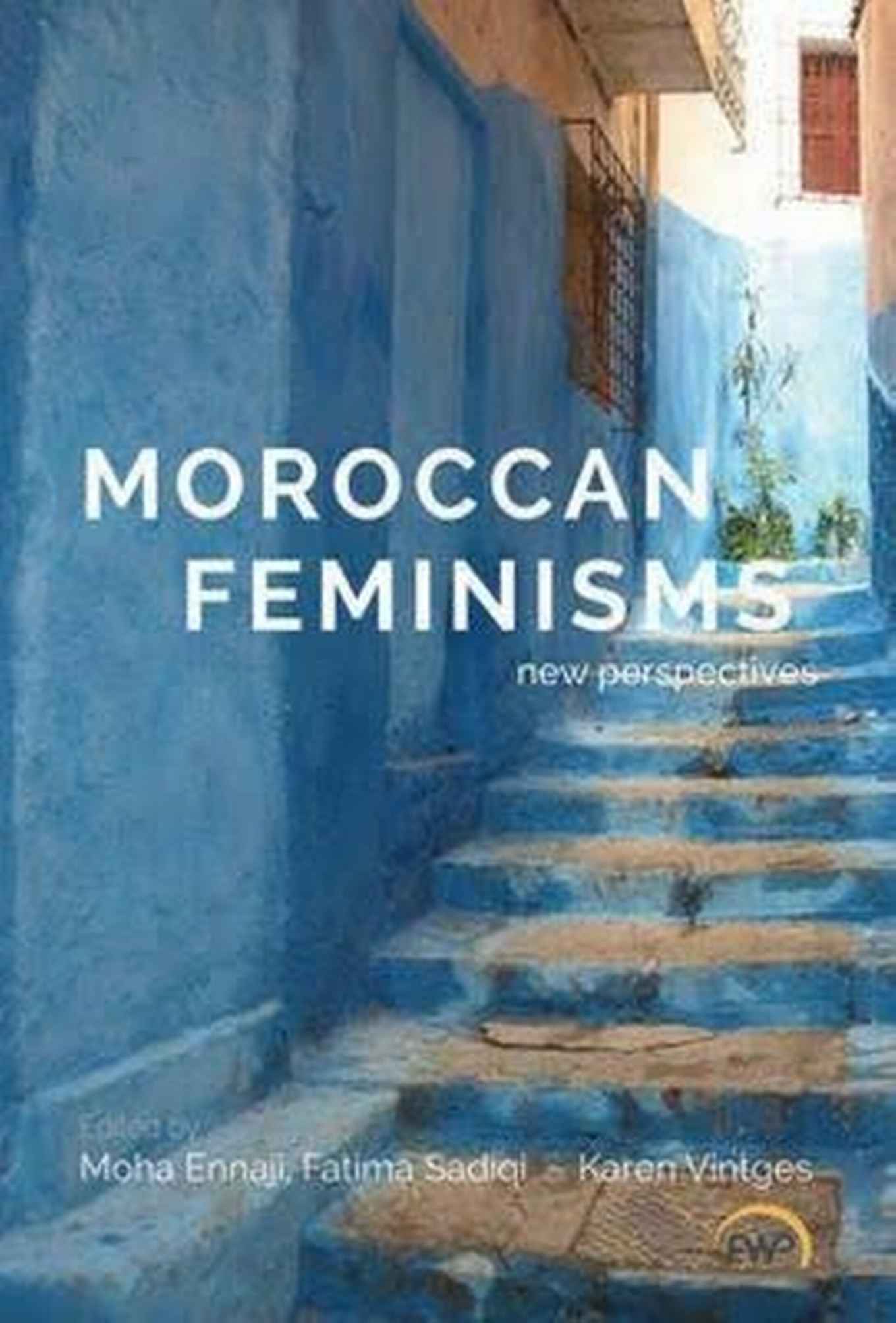Moroccan feminism, new perspectives | Karen Vintges (ed.)
26 september 2016

Unlike Libya and Egypt, Morocco did not experience a revolution. Yet, it did not escape the tumult of the so-called Arab spring. Thousands of protesters took to the streets in a dozen of cities led by the February 20 Movement, which demanded the end of corruption and the right to social justice and gender equity. Women were strongly represented in these protests for democracy; they came from different ethnic and political backgrounds and marched alongside the men, demanding social and political change.
The post Arab Spring government has committed to implement the new constitution through women’s increased political participation. As a result, more women joined parliament through the quota system for women and youth. The 2011 constitution reserved ten per cent of seats for women and ten percent for youth, in the hope of encouraging their political participation and their representation in parliament and government.
Despite the positive changes in Morocco and the growing emancipation of women in all domains, there are still hurdles that hinder their emancipation and participation in public life, such as illiteracy, unemployment, poverty, lack of education and professional training, insufficient resources, difficult access to loans, and weak representation in decision and policy-making.
Women’s organizations today play a major role in sensitizing women, families, and social actors as to the importance of integrating women in economic, social, and cultural development. Further steps in favor of protecting women’s rights are badly needed to ensure their strong contribution to sustainable development.
Moroccan feminism, new perspectives
- Moha Ennaji, Fatima Sadiqi, Karen Vintges
- Africa World Press, Trenton, NJ, U.S.A., 2016
- ISBN: 9781569024744